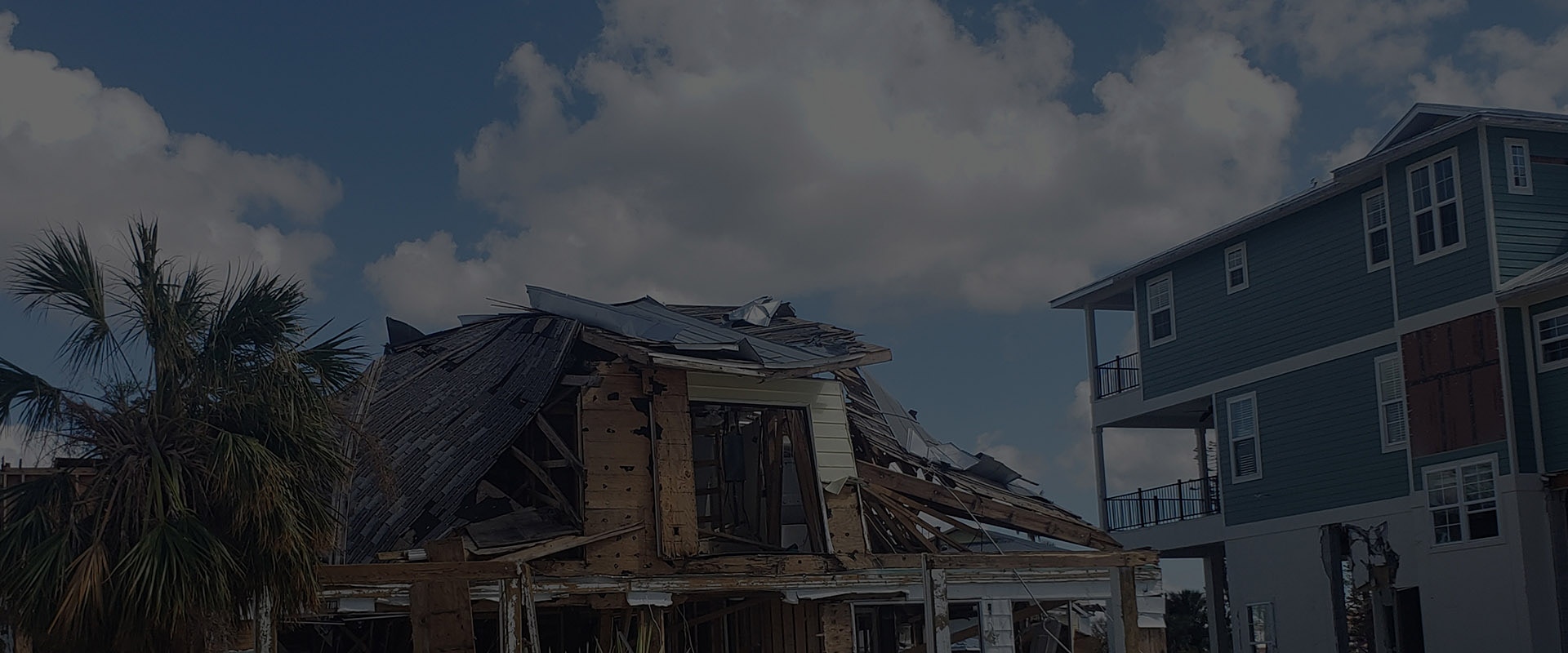Property damage claims in New York City, New York, often arise from coastal-storm flooding, heavy rains that overwhelm aging infrastructure, burst pipes during harsh winters, building fires, and construction-related mishaps. Navigating these insurance claims is rarely straightforward, but seasoned property-damage attorneys can cut through red tape, safeguard your rights, and fight for the full compensation you need to rebuild and move forward.
Common Causes of Property Damage in New York City, New York
- Coastal-storm flooding & cloud-burst rains, such as remnants of Hurricane Ida (Hurricane Ida - CDBGDR - NY.gov, Hurricane Ida - CDBGDR). The NY Comptroller estimates ≈that 43,000 basement and cellar apartments are already flood-prone, projected to triple by the 2050s as storms intensify (P-2333 New York City: Effects of Hurricane Ida).
- Aging water infrastructure (burst pipes & water-main breaks). For example, the 127-year-old main burst beneath Times Square in August 2023, flooding the station and halting multiple train lines (127-year-old water main gives way under NY's Times Square, flooding streets, subways).
- NY Emergency Management’s 2024 report notes multiple wind-damage incidents, toppled trees, and brush fires—all of which can shatter windows, peel roofs, or ignite adjacent property (pr_NYEM-releases-2024-Annual-Report - NY.gov).





